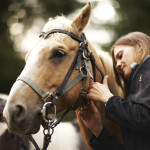
Lice and ticks and horses
Horse Health: Horses that have stressed immune systems are more vulnerable
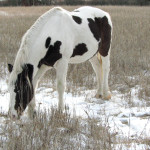
Winter is the ideal season for healthy weight loss in horses
Horse Health: Hay nets are a good way to prevent horses from overfeeding during the colder months

New study says this job doesn’t need doing
Horse Health: Routine sheath cleaning is unnecessary for most male horses

Demystifying equine lameness
Horse Health: Overtraining young horses can set the stage for lameness issues later in life
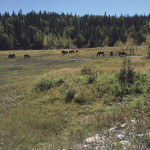
Understanding and controlling the risk of swamp fever
Horses that test positive must be euthanized or quarantined for life
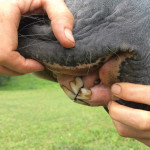
Aging horses by their teeth
Horse Health: A method of determining the age of horses by the wear on their teeth has been widely accepted for 130 years
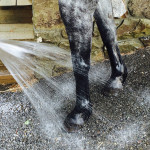
Bringing the advantages of hydrotherapy to your horse
Horse Health: A soothing and therapeutic relief when dealing with wounds or injuries
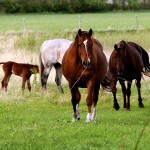
Horses can have allergic reactions, know the symptoms
Horse Health: There are multiple triggers that can cause either skin or respiratory reaction
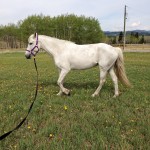
Mastering the art of longeing horses
Horse Health: There is more to this form of training than going in circles
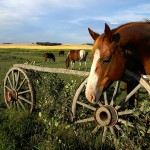
What if my horse needs colic surgery?
Horse Health: The majority of cases can be addressed non-invasively, but sometimes surgery is necessary to save the horse’s life

